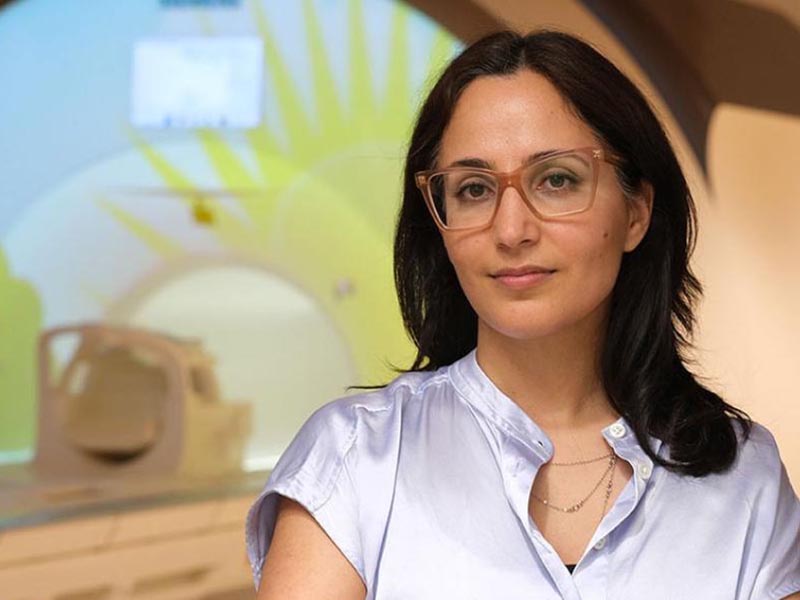
Azadeh’s story

Azadeh’s story

Imagine being able to ask your physician for a treatment or drug that is tailored just for your child. What if a health-care provider can anticipate potential medical issues that may arise for a child and provide a treatment before that issue emerges?
That’s what Dr. Azadeh Kushki is hoping to achieve.
As the new associate chief of data science and senior scientist at the Bloorview Research Institute, she is examining ways to use data science to understand the diversity of children’s profiles, personalize care to address their specific needs, and predict the future care and supports a child may need to realize their most meaningful future.
What do you hope to achieve in your new role?
Our existing diagnostic labels for neurodevelopmental conditions, like autism, can be broad. These labels don’t always tell us what the unique needs of a child may be. As scientists, we want to understand this diversity so we can best tailor care to each child’s uniqueness, and deliver this care proactively and in a timely way.
To understand diversity, we need large data sets with data from thousands of kids. We can then use artificial intelligence and other technologies to go beyond broad diagnostic labels to understand how biological and environmental factors map to unique patterns of needs, today and in the future.
With these approaches, it’s important to think beyond specific diagnostic labels because some areas of need transcend diagnostic boundaries. For example, some of the factors that drive mental health challenges maybe shared across many different diagnoses.
What is precision health?
Precision health is an approach to care where interventions and supports are tailored to a person’s health profile – their biology, like genetics or brain structure, as well as their environmental and societal context. These factors impact what kids may need and whether they may benefit from certain types of intervention or support.
How is research developed by the Bloorview Research Institute helping to improve clinical care at Holland Bloorview? And how does precision health factor into this?
We work in close collaboration with families and clinicians to ensure the research we do has direct and meaningful impacts for our clients and families.
We are part of a learning health system where researchers and clinicians work together to generate knowledge that is translated into clinical care. This new research can then be brought back to our clinics to inform more tailored supports for clients and their families.
For example, we are co-creating a study with clients and clinicians to predict and improve medication outcomes for children. If we’re able to predict what medications a child may respond to, we can then find the right medication faster with fewer trials. This can, in turn, improve outcomes and quality of life for that child and their family.
As you reflect on the past 125 years of care at Holland Bloorview, how do you think pediatric disability research has evolved?
Data science has come a long way in the past 125 years, opening many new opportunities for how we use data to inform care decisions. With advances in technology and artificial intelligence, we now have the ability to learn from large datasets, within and outside of our walls, to provide kids with the care that they need, when they need it.
